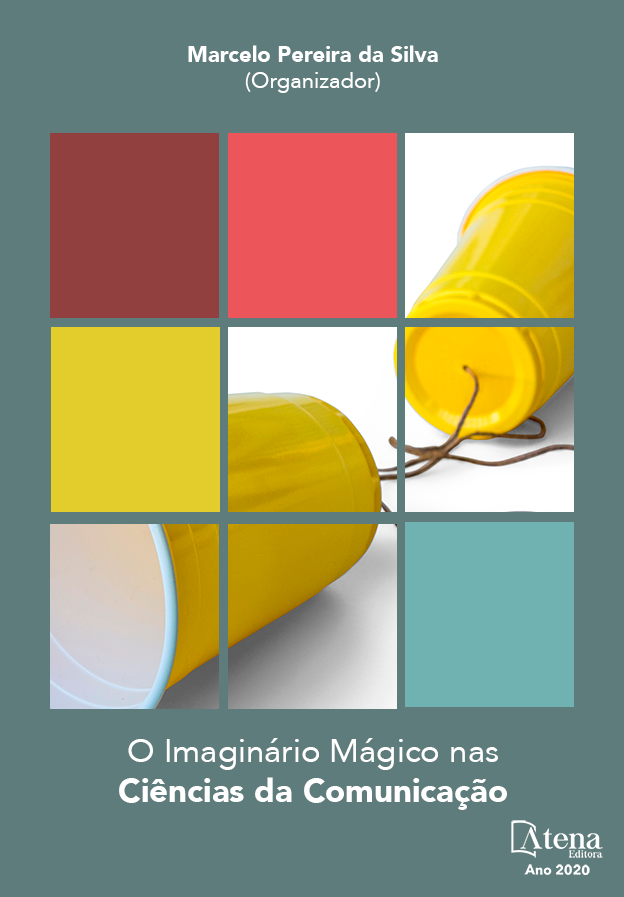
IDEOLOGIA E DISTOPIA NO CINEMA PÓS-MODERNO: Análise dos Filmes Jogos Vorazes e Divergente
Enquanto a utopia imagina um mundo perfeito e igual, a distopia imagina um mundo onde a busca pela perfeição torna a sociedade ainda pior. Ambos os pensamentos estão ligados com a história humana e sua insatisfação com os rumos que a sociedade em que vive segue. O pensamento utópico se intensificou após a Revolução Industrial, no século XVII, e a distopia surgiu no início do século XX, onde a esperança por um mundo melhor decaiu. Desde então, inúmeros filmes e livros foram produzidos abordando e criticando a sociedade através da distopia. Com base nisso, surgiu a necessidade de se realizar uma pesquisa a fim de identificar a estrutura da distopia e sua relação com a ideologia. De amostra foram utilizados dois filmes contemporâneos: Jogos Vorazes e Divergente. A coleta dos dados foi realizada no segundo semestre de 2016 e foi realizada através de uma minuciosa decupagem de ambos os filmes. Com os dados obtidos, foi possível concluir que os dois filmes possuem altas amostragens da corrente ideológica marxista, porém não como forma de doutrinação, mas sim, de crítica social. Também se conclui que a distopia nestes filmes é um fator fundamental para a realização da crítica ideológica proposta. Os dados obtidos ajudam não apenas a compreender se há ideologias presentes nas produções distópicas, mas também para observar que é crescente a preocupação com o futuro incerto do mundo em que se vive.
IDEOLOGIA E DISTOPIA NO CINEMA PÓS-MODERNO: Análise dos Filmes Jogos Vorazes e Divergente
-
DOI: 10.22533/at.ed.15720241117
-
Palavras-chave: PALAVRAS-CHAVE: ideologia, cinema, crítica ideológica, distopia, sétima arte.
-
Keywords: Ideology. Cinema. Ideological Criticism. Dystopia. Seventh art.
-
Abstract:
While utopia imagines a perfect and equal world, dystopia imagines a world where the search for perfection makes society even worse. Both thoughts are linked to human history and its dissatisfaction with the directions that the society in which it lives follows. Utopian thinking intensified after the Industrial Revolution in the 17th century, and dystopia emerged in the early 20th century, where hope for a better world declined. Since then, countless films and books have been produced addressing and criticizing society through dystopia. Based on this, the need arose to carry out research in order to identify the structure of dystopia and its relationship with ideology. Two contemporary films were used as samples: Hunger Games and Divergent. Data collection was carried out in the second half of 2016 and was carried out through a thorough decoupage of both films. With the data obtained, it was possible to conclude that the two films have high samples of the Marxist ideological current, but not as a form of indoctrination, but rather, of social criticism. It is also concluded that dystopia in these films is a fundamental factor for the realization of the proposed ideological criticism. The data obtained help not only to understand if there are ideologies present in dystopian productions, but also to observe that there is growing concern about the uncertain future of the world in which we live.
-
Número de páginas: 16
- Reinaldo José Nunes
- Marlon Sandro Lesnieski


